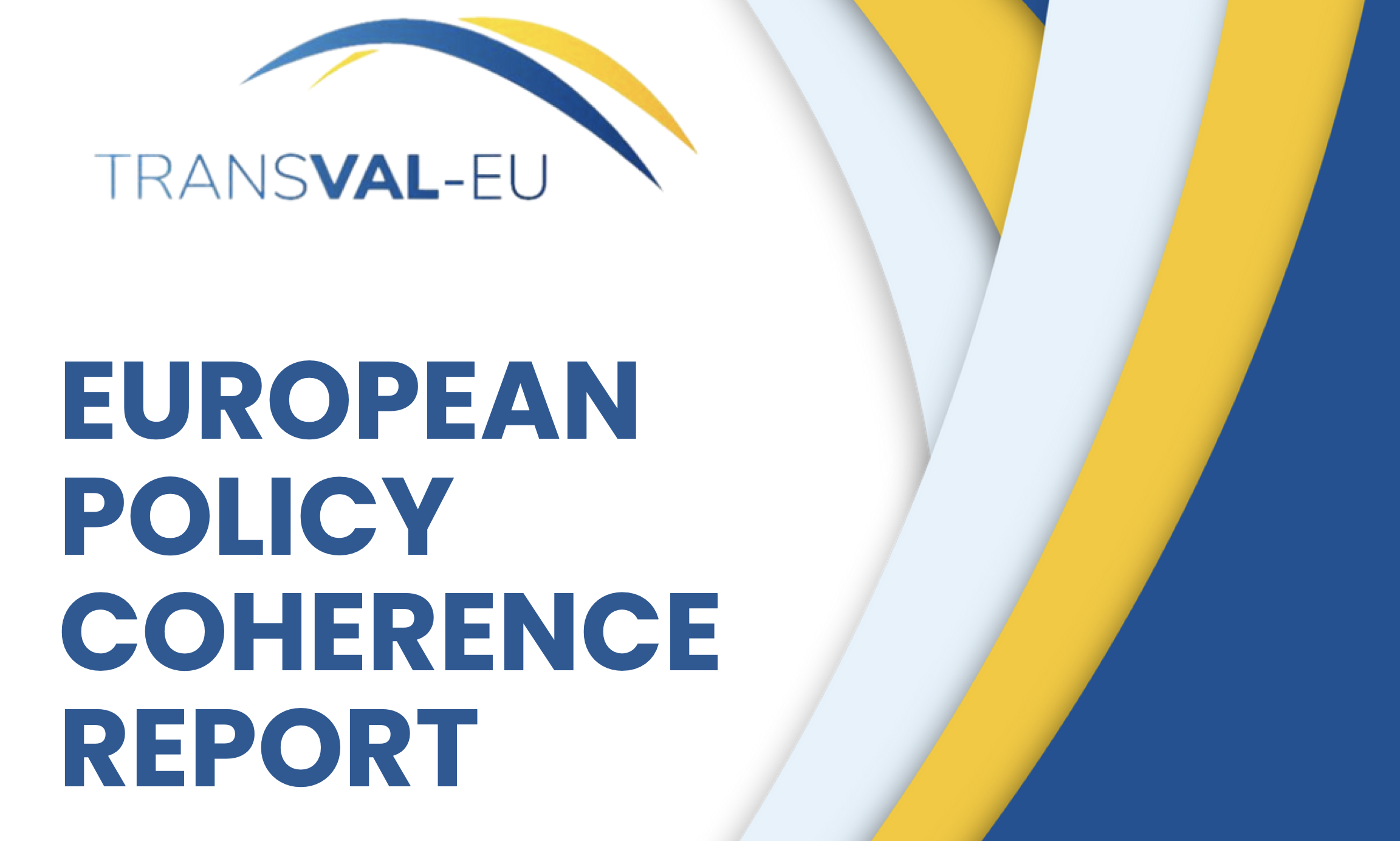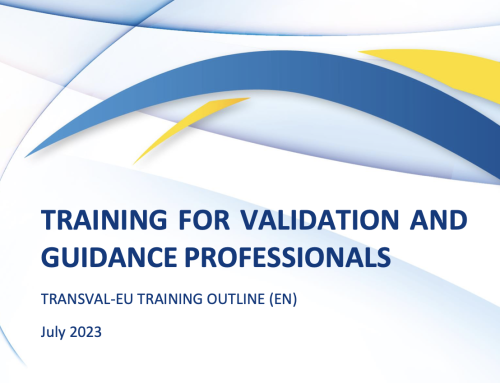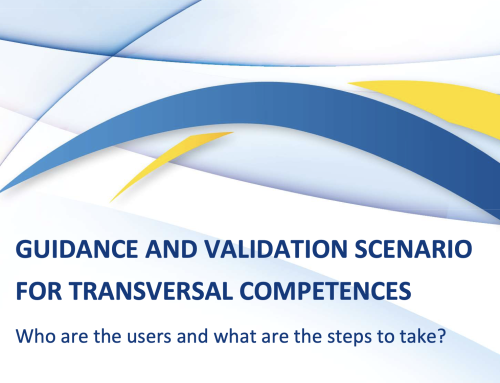TRANSVAL-EU Policy Coherence Reports and Recommendations published
It is one of the main goals of TRANSVAL-EU, that insights from the project implementation (mainly through research and experimentation) lead to policy change. With that aim in mind, it was foreseen in the last phase of the project to reflect on the diverse European and national / regional contexts for policy reforms.
A central point of interest in this project is the issue of “coherence”, which is defined as how policies are connected between them and across silos, avoiding overlap and inefficiencies. It does not just happen by default. It implies a set of collaborative and knowledge-sharing practices between the responsible authorities in charge of the policy, their institutions and the staff in the institutions (the policy-makers).
Four main categories of coherence are reviewed in the Policy Coherence Reports: horizontal coherence (across policies eg between education and employment policies, social and economic affairs), vertical coherence (between the different policy levels, European, national, regional), terminological coherence (using a shared and common language across and within policies) and temporal or historical coherence (lifelong learning approach between youth and adult policies but also between older and recent policies).
As mentioned before, the aspect of coherence was looked into at European and national or regional levels. Therefore, multiple Reports were produced: a European Policy Coherence Report, and national or regional policy Coherence Reports for Poland (national), Austria (national), Lithuania (national), Italy (national/regional), Belgium (regional) and Nordic countries with a dedicated focus on Sweden and Iceland.
The European Policy Coherence Report, elaborated by the Lifelong Learning Platform is a policy review of over 30 European policies and initiatives that address transversal skill and competences between 2010 and 2023. Among other aspects, the policy research looked into are the alternative use of competences versus skills in policies, the mentions of competence frameworks in EU policies (DigComp, GreenComp, LifeComp, EntreComp etc), the mentions of transversal skills and competences, inter-institutional cooperation mechanisms. Some key findings include the very common use of the terms “competences, skills and knowledge” which is against the earlier definitions of competences as ‘skills, knowledge and attitudes”; the use of multiple terms to refer to transversal skills and competences eg generic skills, soft skills, transferable skills, etc; a clear focus on coherence, including in policy evaluation but sometimes a lack of implementation in practice and the fact that the European Skills Agenda flagship actions that are relevant for transversal skills and competences as well as validation are not yet fully achieved. Both the European and national reports include a set of recommendations for policy-makers.
Read more about the European Policy Report (EN).
Read the Summary and Key Findings (EN, SE, IS, PT, NL, GR).
National Policy Coherence Reports (English and local language):




